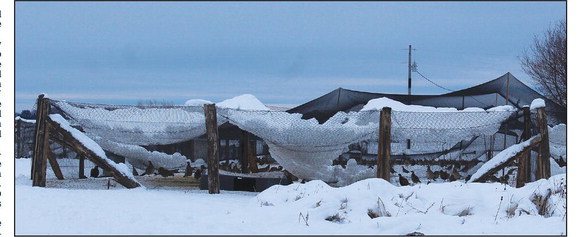‘A real Christmas gift’: Volunteers help local pheasant farm rebound after storm


By the time the winter storm ended on Dec. 15, Robert and Helen Blaha were dealing with a real mess.
The storm that brought ice and heavy snow over the cour...
